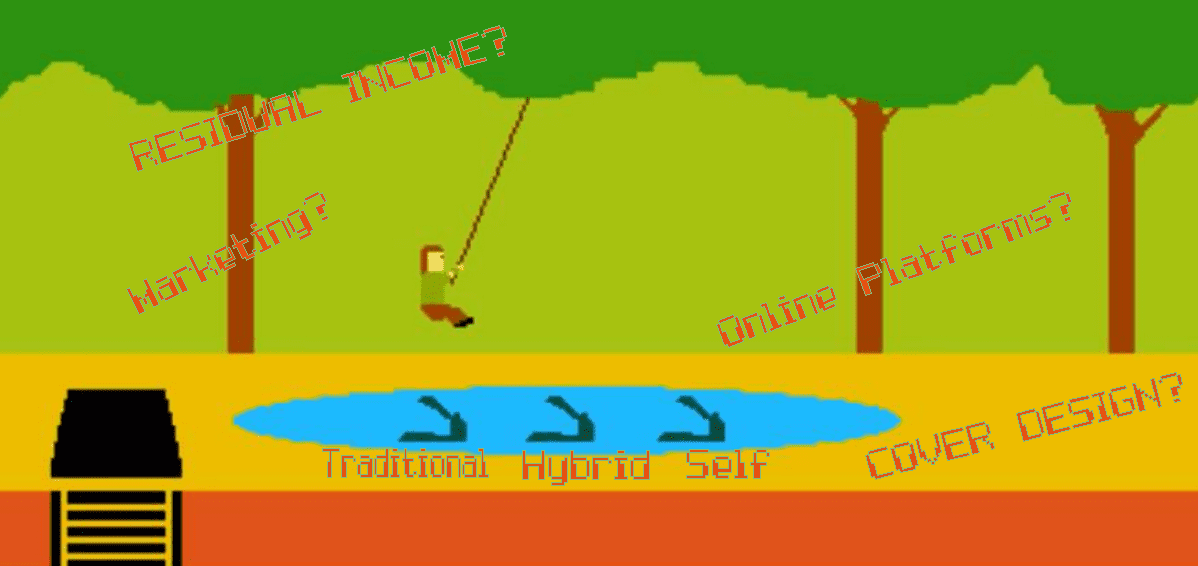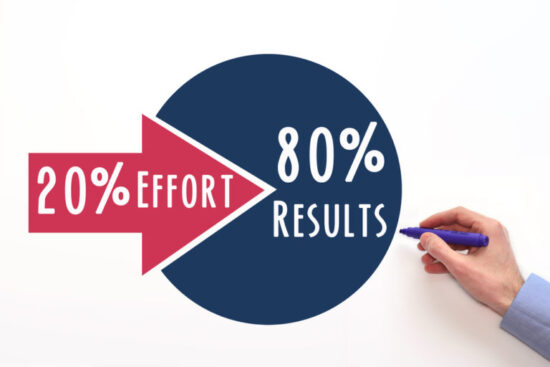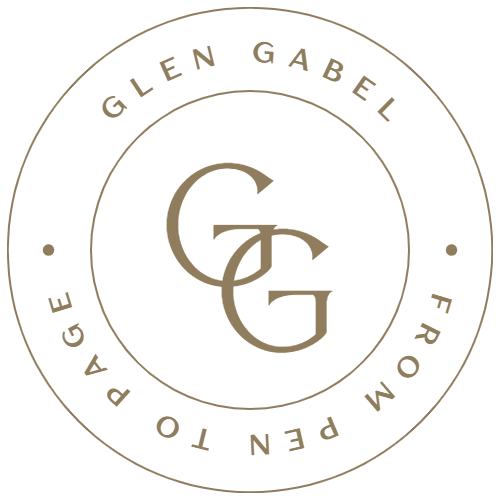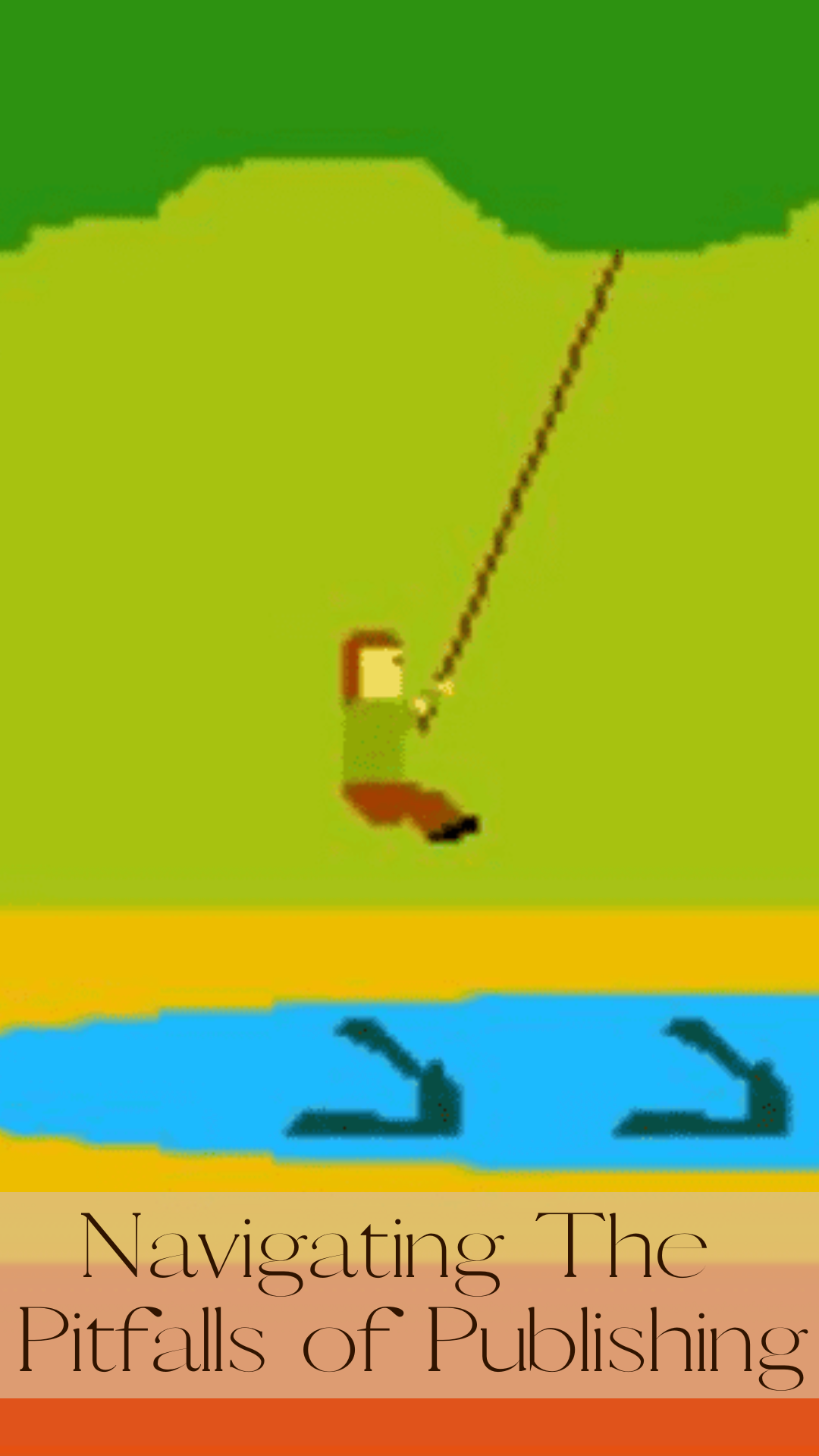Navigating The Pitfalls of Publishing

When I completed the first draft of The Soothsayer I honestly thought a quick edit and perhaps some query letters to agents or publishers would finalize my writing journey. HA! Yeah, that was dumb. The truth is in today’s online marketplace, your job as an author is only starting after you finish drafting your manuscript. Finding an outlet or publisher, marketing your book, and communicating with your readers is a job unto itself. For many authors, it’s a job they absolutely dread or feel overwhelmed by.
Let’s get a few of the fundamentals out of the way first:
- Successful publishing has nothing to do with writing your book. It doesn’t really have much to do with your talent – except that you need to actually complete your work before trying to get it out there. It has a hell of a lot to do with how much time and/or money you’re willing to spend to give your book the best possible release.
- Publishing your work in today’s marketplace is vastly different than it was twenty years ago. In times past you would write a book, do a lot of drafting and revisions, secure an agent, have your agent market and sell your book to a publisher and let them deal with all the details in between. Yeah, that’s long gone now. Today it falls on YOU to polish your book and see it’s promoted (and yes that includes traditional publishing deals as well).
- Your readers will want to connect with you more than you realize. An occasional book signing is not going to help you build a fan base. You have to put yourself “out there” in connecting with your readership (i.e. social media presence, online forums activity, podcast interviews, blogs, etc.)
The next question is how do you want to get your work out there? You basically have four avenues:

Traditional Publishing – As I mentioned before this typically involves securing an agent, and having that agent broker a deal with a publisher. This can take YEARS, and may not ultimately offer much return in the way of residual income or cash advances – most first-time authors retain only a small percentage of money from their book sales.

Vanity Publishing – these independent publishers will take almost any work and publish it as long as you foot the bill. They DO NOT CARE how good your book is. They want your money. They may offer editing services, book cover design services, and “marketing” services but more often than not the results are less than stellar when it comes to sales and getting the word out about your latest work. You will pay upward of $5,000-$20,000 for publishing your work and can find you have a lackluster return on sales or even readership. The plus side is you keep all the profit (if there is any).

Hybrid Publishing – This is the “new kid on the block” in the publishing industry, has very little oversight, and is basically a veneer for vanity publishers and a lot of scam companies. I’m not saying every hybrid publisher is a scam, but almost every scam publisher touts itself as being a “Hybrid Publisher”. Hybrid publishing houses try to “split the cost of publishing” by asking you to pay for the editing/cover design/printing costs, while they handle the actual work of turning your manuscript into a polished paperback, hardcover, or ebook on all major sales platforms. They will typically also cover marketing for your book and according to them, your manuscript has to meet their in-house “editorial standards”, before they will “offer you a deal”. They either want some exclusivity of your work for a time and/or a portion of the residual from sales (though your cut will be much higher than a traditional book publishing deal).

Self Publishing – Many new authors go this route – which involves you covering the cost of all editing/design and printing expenses, learning to post your work on as many platforms as possible, and doing all the marketing on your own. The good news is you are 100% in control and the profits are all yours.
I know you may be thinking “a lot of these are practically the same thing” and you’d be right. I learned pretty quickly that when it comes to publishing, the more you expect others to do for you, the more expensive it gets – but it can also make your work more polished.
After a lot of thought, and having a few interactions with both traditional and hybrid publishers I decided my first book was probably best suited for self-publishing. I wanted the prestige of a traditional deal but the book would have suffered tremendously if I were to take on every developmental change one of the publishers wanted.
Similarly, a hybrid publisher that offered me a deal knew little to nothing about my book but was very keen on upselling me on their most expensive “author package.” I spoke with an author from their published list and learned she was less than thrilled with the book marketing and design services they offered.
I realized if I ever wanted to get my book out there the way I envisioned, I’d need to hunker down, learn some social media and self-promotion techniques, and invest in my dream with my own money and time – even though I’d rather be writing. I’m still in the process of learning how best to reach my reader base but I’ve found one truth that’s universal for all authors – no matter the genre you write in. There is NO one size fits all method when it comes to successful book publishing and promotion.

As one mentor put it, “adhere to the 80/20 rule – spend 80% of your time focusing on 20% of the ways you feel comfortable promoting your book.” This can mean only focusing on a couple of social media platforms to connect with your readers, it can mean creating short fiction for potential new readers to connect with your style of writing, it can mean connecting with local bookstores in your area, or trying to connect with podcasters who regularly feature authors, writing blogs that offer valuable information, or even streaming youtube video of your writing process. No matter what you do, do it consistently and authentically.
For publishing, realize that every book you write may have a different path to market. My first foray into publishing a book will be the self-publishing route, for my next book I may try a vetted hybrid publisher I trust, and at any time, if I feel I’ve found a good fit with an agent or traditional publishing house, I may jump on that train. There is no “right” way to getting your book out there, there’s only the way that’s “best for you and best for your book.”
So, from one writer in the trenches to another – give yourself some grace, learn as you grow, and build a roadmap to your ideal book presentation. You got this.

